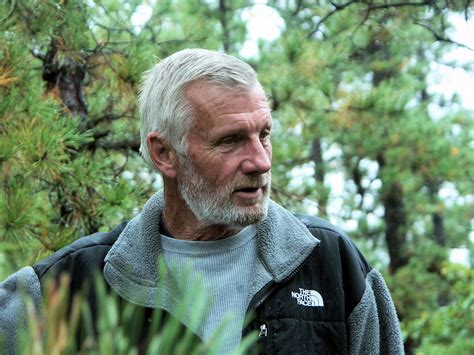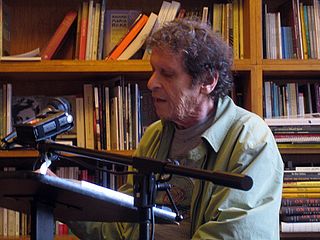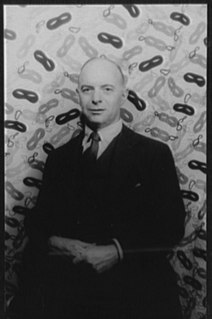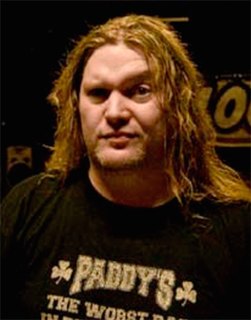A Quote by Henry David Thoreau
...how deep the ruts of tradition and conformity!
Quote Topics
Related Quotes
I had not lived there a week before my feet wore a path from my door to the pond-side; and though it is five or six years since I trod it, it is still quite distinct. It is true, I fear that others may have fallen into it, and so helped to keep it open. The surface of the earth is soft and impressible by the feet of men; and so with the paths which the mind travels. How worn and dusty, then, must be the highways of the world, how deep the ruts of tradition and conformity!
We may be thankful that frightened civil authorities ... have not managed to eradicate from the country the tradition of the possession and use of firearms, that profound and almost instinctive tradition of Americans. Luckily for us, our tradition of bearing arms has not gone from the country, the tradition is so deep and so dear to us that it is one of the most treasured parts of the Bill of Rights - the right of all Americans to bear arms, with the implication that they will know how to use them.
What is literary tradition? What is a classic? What is a canonical view of tradition? How are canons of accepted classics formed,and how are they unformed? I think that all these quite traditional questions can take one simplistic but still dialectical question as their summing up: do we choose tradition or does it choose us, and why is it necessary that a choosing take place, or a being chosen? What happens if one tries to write, or to teach, or to think, or even to read without the sense of a tradition? Why, nothing at all happens, just nothing.
We all admire the courageous person and quite often consider the individual who lacks courage, a coward. However, that is not how Earl Nightingale saw it. He said the opposite of courage was not cowardness, it was conformity. The next time you are encouraged to fall into line, to be a sport and everything in you says no - be courageous and go your own way. There is no compensation in conformity.
Every religious tradition on which we draw has a reverence for life. We are a part of an intricate web of life. Every tradition on which we draw teaches that the ultimate expression of our spirituality is our action. Deep spirituality leads to action in the world. A deep reverence for life, love of nature's complex beauty and sense of intimate connection with the cosmos leads inevitably to a commitment to work for environmental and social justice.
The three of us [me, Mike Dean, Woody Weatherman] all learned how to play our instruments together. We had a common interest in bands like Black Sabbath, Deep Purple. Bands who had different time signatures etc and for whatever reason, we morphed into Corrosion of Conformity. It's been about thirty years now.


































